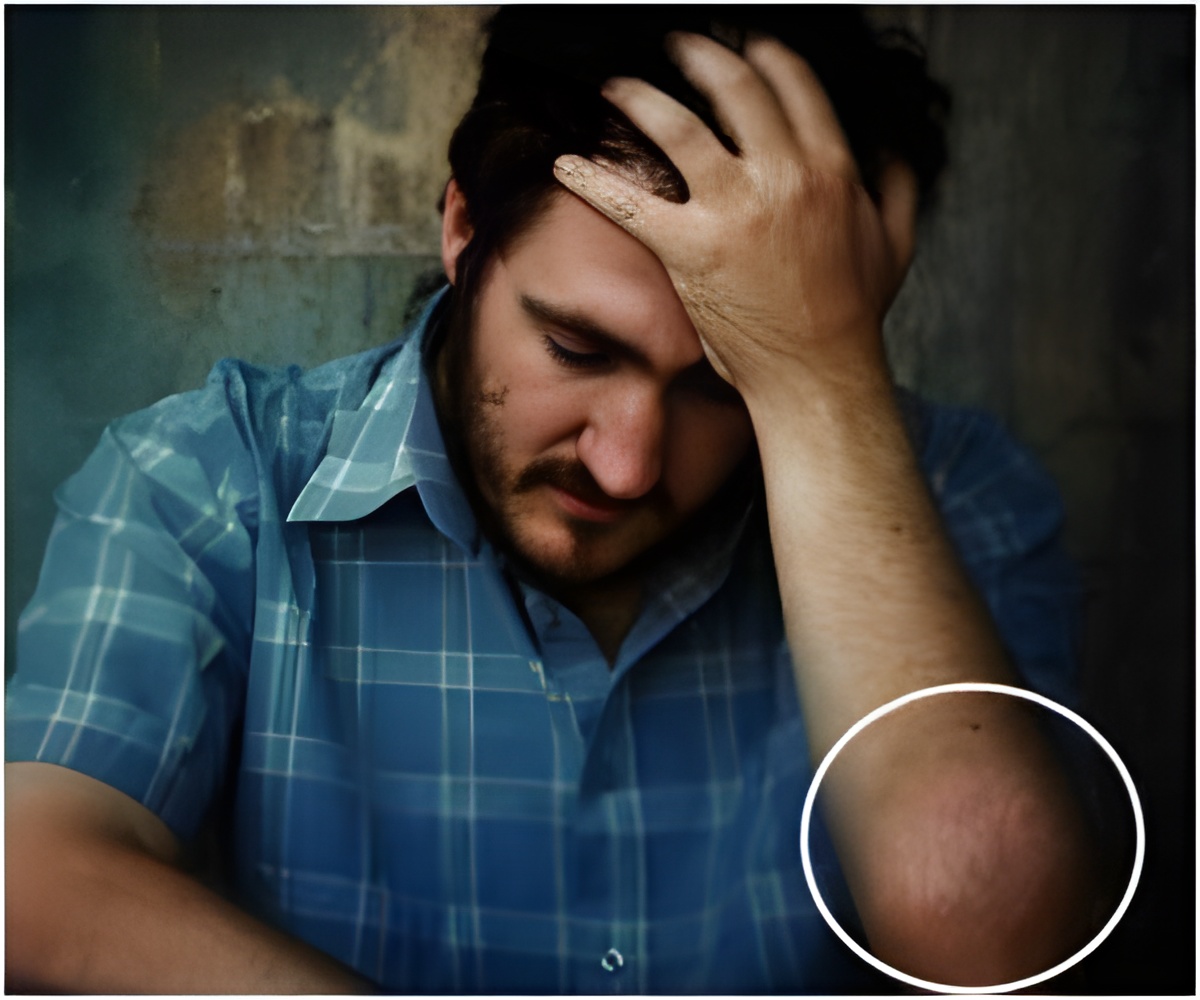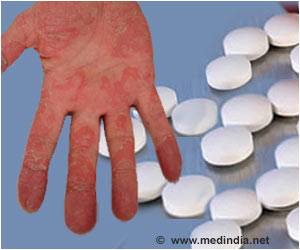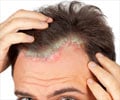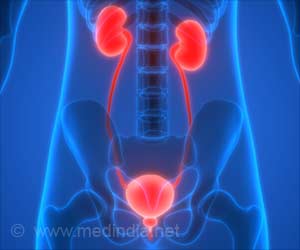Swedish researchers believe that targeting psoriasin protein (S100A7) could be an effective treatment for psoriasis, a skin disease for which there is no cure at the moment.

Now the psoriasin protein (S100A7) is found in abundance in psoriasis-affected skin but rarely in normal skin. The same protein is also assumed to be a factor in the development of breast cancer. The research team, led by associate professor Charlotta Enerbäck, Linköping University, have now illustrated that, in a study on cultured skin cells, the interaction between psoriasin, oxygen free radicals and vascular endothelial growth factors (VEGF) leads to significantly increased cell division and growth of new blood vessels (angiogenesis). When we blocked the formation of psoriasin, the expression of VEGF also decreased.
Published in the journal Breast Cancer Research and Treatment,have now illustrated that, in a study on cultured skin cells, the interaction between psoriasin, oxygen free radicals and vascular endothelial growth factors (VEGF) leads to significantly increased cell division and growth of new blood vessels (angiogenesis). When we blocked the formation of psoriasin, the expression of VEGF also decreased.
Published in the journal Breast Cancer Research and Treatment, the results open new possibilities for the effective treatment of this crippling disease.
“We want to examine the ability of psoriasin as a target for therapy. By inhibiting psoriasin, we believe we can reduce vascular formation and thus the proliferation of the disease’s magnitude and intensity,” says Charlotta Enerbäck.
Previous studies in mice have shown that angiogenesis inhibitors reduce not only neovascularization but also inflammation and excessive cell division. Attempts to inhibit the growth factor VEGF have resulted in unwanted side effects because it exists in normal tissue where it contributes to wound healing.
Advertisement
Presently, palliative treatments with vitamin D, cortisone, light and low doses of chemotherapy are used. More recently, some “biological”, antibody-based drugs arrived on the market, however they are very expensive and not free from side effects.
Advertisement
Source-Medindia














